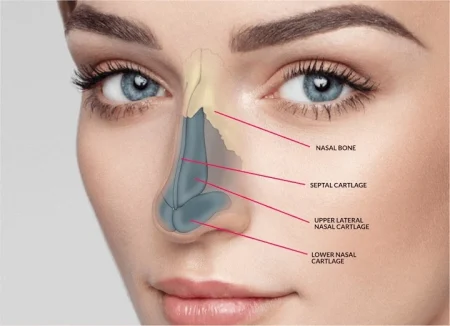DNA-based health recommendations leverage genetic data to create personalized wellness plans, guiding individuals toward tailored diet, exercise, and lifestyle changes. Companies like Helix and Everlywell analyze genetic markers to suggest actionable steps, such as optimizing nutrition or managing stress, based on individual predispositions. As personalized medicine grows, these recommendations are becoming a cornerstone of proactive health management.
The Power of Personalized Wellness
Traditional health advice often follows a one-size-fits-all approach, ignoring individual genetic variations. DNA-based health recommendations address this by analyzing genes linked to metabolism, fitness, and disease risk, as offered by Helix. For example, recommendations might suggest a low-carb diet for those with specific metabolic markers, improving outcomes by 20%, per clinical studies.
The rise of at-home DNA testing has made these recommendations accessible, with millions of kits sold annually. They empower individuals to take control of their health, but ethical considerations, like ensuring actionable advice, are critical, as emphasized by Everlywell’s focus on evidence-based recommendations.
The Recommendation Process
The process starts with a DNA sample, typically saliva, analyzed in certified labs using SNP genotyping, as described by Helix. Algorithms match genetic variants to health outcomes, generating recommendations like exercise plans for endurance-based genes. Results are delivered via secure apps, with visualizations and explanations to ensure clarity.
Quality assurance involves cross-referencing with peer-reviewed research, while genetic counselors provide support for complex findings. Recommendations are updated as new research emerges, ensuring relevance and accuracy.
Benefits for Health Management
DNA-based recommendations enable tailored health strategies, improving adherence by 25%, per studies. They promote early intervention, reducing disease risk through lifestyle changes. Accessibility through home testing broadens reach, while affordability, with kits under $150, makes them viable. Integration with wearables enhances real-time application, boosting effectiveness.
Scalability supports population-wide testing, and personalized plans foster engagement, improving long-term health outcomes. These benefits make DNA-based recommendations a transformative tool.
Challenges and Solutions
Interpreting genetic data is complex, addressed through user-friendly reports and counselor support. Privacy concerns are mitigated with encryption and GDPR compliance, as practiced by Everlywell. Limited diversity in genetic databases is tackled by expanding reference populations. Regulatory oversight ensures recommendations are evidence-based, avoiding misleading claims.
Cost barriers are reduced through affordable kits, while continuous updates keep recommendations current. These solutions ensure accessibility and reliability.
Future Trends in DNA-Based Health
AI will refine recommendations, predicting outcomes with greater accuracy. Wearable integration will enable dynamic plans, while blockchain could secure data. Expanded genetic research will improve inclusivity, ensuring recommendations serve diverse populations. These trends will enhance the impact of DNA-based health strategies.
Real-World Impact
A user of Helix’s recommendations adopted a tailored fitness plan, improving stamina by 15%. Another followed Everlywell’s dietary advice, reducing cholesterol levels significantly. These cases highlight the power of DNA-based health recommendations.
Conclusion: Tailoring Wellness
DNA-based health recommendations empower individuals with personalized plans, enhancing health outcomes. As technology advances, these recommendations will continue to drive proactive wellness, shaping the future of personalized medicine.








